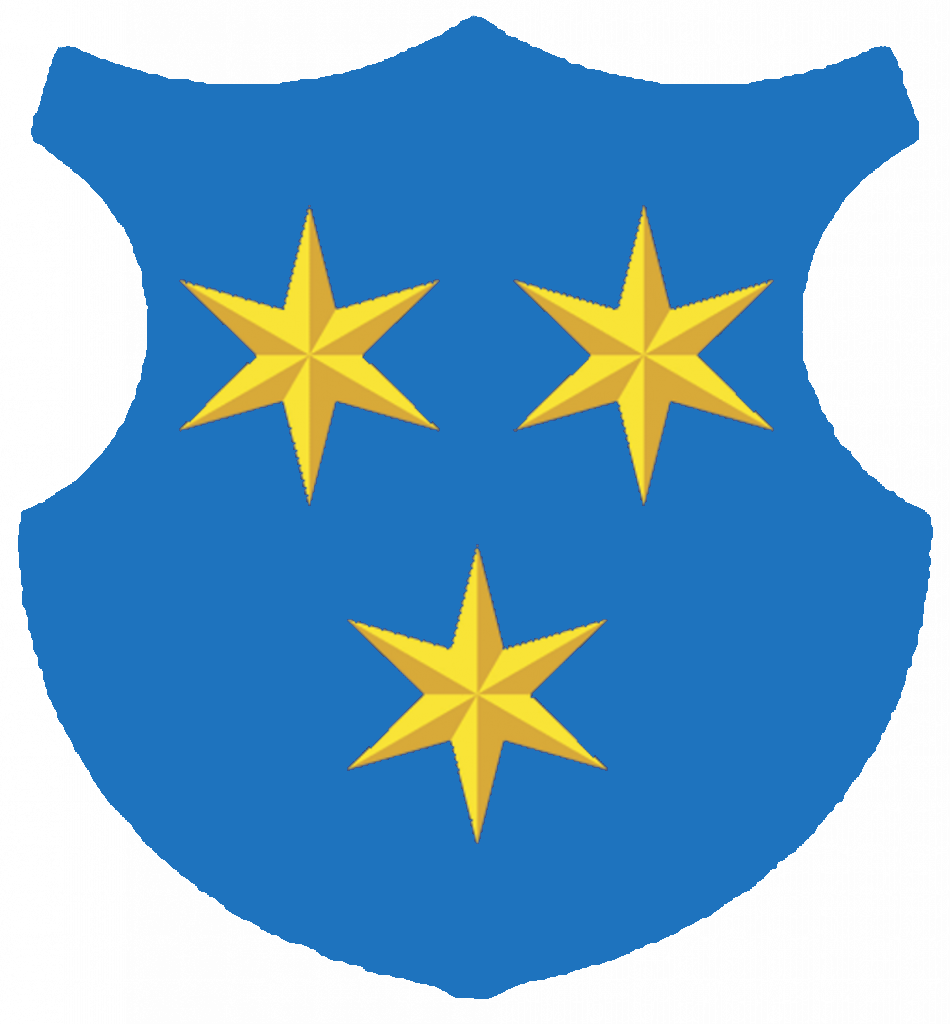_______________________________________________________________________________
| Robert DEVETAK “WOMEN ARE ALREADY WINNING EVERYWHERE, BUT NOT HERE: WE’RE NOT GIVING THEM TROUSERS. WHO IS GOING TO WEAR SKIRTS THEN?”Arrival of the divided skirt in GoriziaIn 1911 the French fashion designer Paul Poiret presented the spring fashion collection in Paris. Its main attraction was the jupe-culotte or the divided skirt, as the garment was named in Slovenia. The garment, which was inspired by Oriental culture and fashion, soon reached most European markets, including that of Austria-Hungary and Slovenia. reactions to the garment that shook women’s established dressing patterns differed across Europe and ranged from support to repulsion and attacks on women. The article presents reactions to the arrival and wearing of the divided skirt in Slovenia, with particular emphasis on the city of Gorizia, where this garment raised special attention.
Petra KOLENC Early catering and tourist services in Trnovski gozd before the end of WWI The western part of Trnovski gozd featured small mountain resorts as early as the 1880s, as testified by many articles published in periodicals from the second half of the 19th century. Local village taverns that later catered for cart drivers and then for tourists symbolized the rise of tourism because these were not meant only for the locals but also for holidaymakers (mostly from Gorizia and Trieste), who enjoyed staying in the Trnovska planota region and whose number grew every year. This was followed by the provision of food services at taverns and farms, which also provided accommodation to their guests. The article analyzes the catering and tourist services in the villages and hamlets of the western parts of Trnovski gozd (Trnovo, Rijavci, Voglarji, Nemci, and Lokve). The number of such services grew considerably between 1894 and 1911, judging from the increasing number of taverns.
Gordana ŠÖVEGEŠ LIPOVŠEK Correspondence between the young couple Žigmond Janko and Matilda Kovač from Motvarjevci during the First World War By sheer coincidence and luck, 400 letters from the First World War have been preserved; these were exchanged between a young married couple from Motvarjevci, the soldier Žigmond Janko and his wife Matilda Kovač. The letters reveal the everyday life of the common man during the war – that of a regular soldier on the front and his wife in the hinterland, and their love. The correspondence between Žigmond and Matilda illustrates well how communication worked between the hinterland and the soldier on the front who was later wounded, fell ill and ended up in hospital. Jurij PEROVŠEK Reactions to Rasputin’s death and his subsequent image in Slovenia In Slovenian memory, Grigori Yefimovich Rasputin (18721916) was a man of tremendous influence on the last Russian imperial couple and the then Russian political and church life. During his lifetime, upon and after his death, Slovenians were reminded of the magical power of his persona but at the same time also of his licentious life and inclination to money and social power but also benevolence to the Russian peasant and the common man. He was seen as an opponent of the (world) war, but was also blamed for the decline of the Russian empire because of his lengthy interventions in the decision making. In Slovenia, it was the writer Vladimir Bartol who most immersed himself in the phenomenon of Rasputin. He saw Rasputin as an incarnation of the chaos in Russia before the Bolshevik revolution, as someone who had the suggestive powers of a Biblical prophet, an immense vital force and the confidence with which he almost reached the top position in the country. “This man had to know something about himself and the world, something unknown to most other mortals,” wrote Bartol. Bartol’s warning about the excessive aspect of Rasputin’s personality rounds up the profile of his otherwise negative image in Slovenia. Marija POČIVAVŠEK Peddling as a form of unfair competition between the world wars Besides trade, which was relatively well developed in the period between the two world wars, fairs and peddling still played an important role. The latter was based on Austrian craft legislation; however, the most significant provision was that only persons with permission were allowed to sell products from door to door. In certain municipalities, the local authorities had the discretionary power to (temporarily) ban this type of sales. The conflict between salesmen who provided services in permanent locations in accordance with the legislation and the peddlers who sold the goods from door to door, was an old one; however, peddling as form of occasional, “mobile sales” survived until the modern period. In the 1930s in particular, at the time of a big economic crisis, domestic peddlers and traveling salesmen from abroad were the only real competition for the domestic salesmen. “SORROW FOR THE LEADER – LOYALTY BEYOND THE GRAVE.” DR ANTON KOROŠEC IS DEAD. A few notes about the history of the political funeral in Slovenia The author focuses on the funeral ceremonies at the death of the most influential Slovenian politician in the first state of Yugoslavia, Dr Anton Korošec, who died 14 December 1940. The farewell to the deceased was an act imbued with symbols and messages, which indicates that political funerals in the past were not an intimate matter for family (or a close circle) but a performance directed by political protagonists. The author uses this as a basis to shed light on and explain the events in Belgrade and Ljubljana between 7 am on 14 December 1940 and the closing of the burial ceremonies. The article is based on newspaper reports, accounts by the Ljubljana correspondent of the Belgrade Central Press Bureau, memoirs and two particularly intriguing sources: many unpublished photographs taken by the Slovenec newspaper correspondents, and two short films. |

